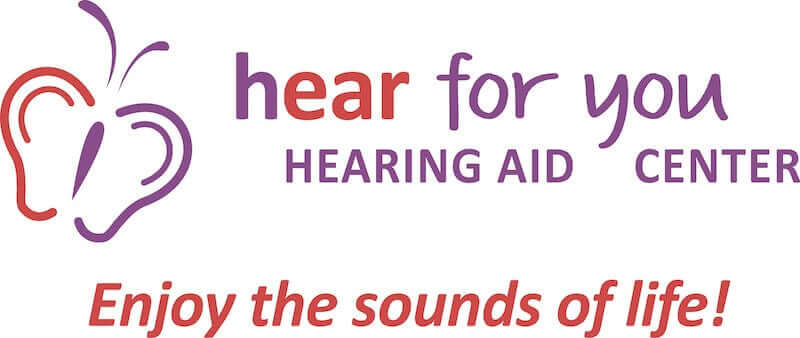Many people have the impulse to avoid going for medical help, and the reasons vary from one person to the next. Some people have had bad experiences with doctors or dentists in the past, and others dislike being confronted with their limitations. Still, others hope to avoid the trouble altogether, imagining that things will improve on their own. Though some conditions might clear up on their own, that tends not to be the case with hearing loss. Most cases of hearing loss are permanent, and treatment is the only way to move forward, yet too many people avoid getting a hearing test. Let’s take a look at some of the ways that avoiding a hearing test can make things worse. Seen from another perspective, getting treatment for hearing loss can resolve many of the associated problems that might come along!
Hearing Loss and Physical Health
When you look at the raw data, hearing loss is connected with a wide range of physical health problems. In most cases, it’s not as if hearing loss is causing these other issues. Rather, an underlying health condition is most likely causing both hearing loss and another problem, such as cardiovascular disease or diabetes. In other cases, though, hearing loss does seem to be the cause of other physical health issues. Accidents and falls are more common among those with hearing loss, and these issues might be related to the inability to use sound and hearing to locate our bodies in space. Return visits to the hospital are more common among those with hearing loss, and experts think this relationship might have to do with the inability to communicate during the initial visit.
Hearing Loss and Mental Health
Those with untreated hearing loss have higher rates of mental health issues, as well. In some cases, you can see a direct relationship between hearing loss and frustration, anger, anxiety, and depression. The inability to hear as one once did can be a serious barrier to enjoying the world. Relationships can become strained, as well, and this relationship trouble can lead to social isolation. When it becomes difficult to converse, some people would prefer to avoid interaction altogether. This social isolation can become a vicious cycle leading to worse mental health outcomes, as well.
Hearing Loss and Cognitive Health
One of the other effects of hearing loss and social isolation can be cognitive decline. Although the brain is not a muscle, cognitive scientists often talk as if that were almost the case. The brain needs “exercise” to remain strong and healthy, and mental exercise comes most commonly in the form of conversation. When conversational ability is limited through hearing loss, the brain can suffer in other ways. A lack of sonic stimuli has been shown to spill over into other parts of the brain associated with complex thought, and the result can even lead to higher rates of dementia among those with untreated hearing loss.
The Benefits of Treatment
Although putting off getting a hearing test can make the problem much worse, the good news is that treatment can prevent many of these issues in the first place. Rather than having a higher likelihood of accidents and injuries, hearing aids make it possible to navigate the world with heightened awareness.
Hearing aids also make it possible to carry on conversations without confusion or missing pieces, and the ability to talk with others can repair many of the damaging aspects that come as a result. Relationships with others are crucial to our mental wellbeing, and they also help us exercise our brains, keeping the wheels turning as they should. With these many challenges of hearing loss and the benefits associated with getting treatment, there is no good reason to put off getting a hearing test. The diagnostic exam is the first step in the direction of getting the help you need, so why not take the opportunity today to get your test?
When you schedule your exam, we will begin with a consultation about your needs and the situations in which hearing is most difficult. The exam itself is simple, painless, and quick, so don’t delay any longer!

